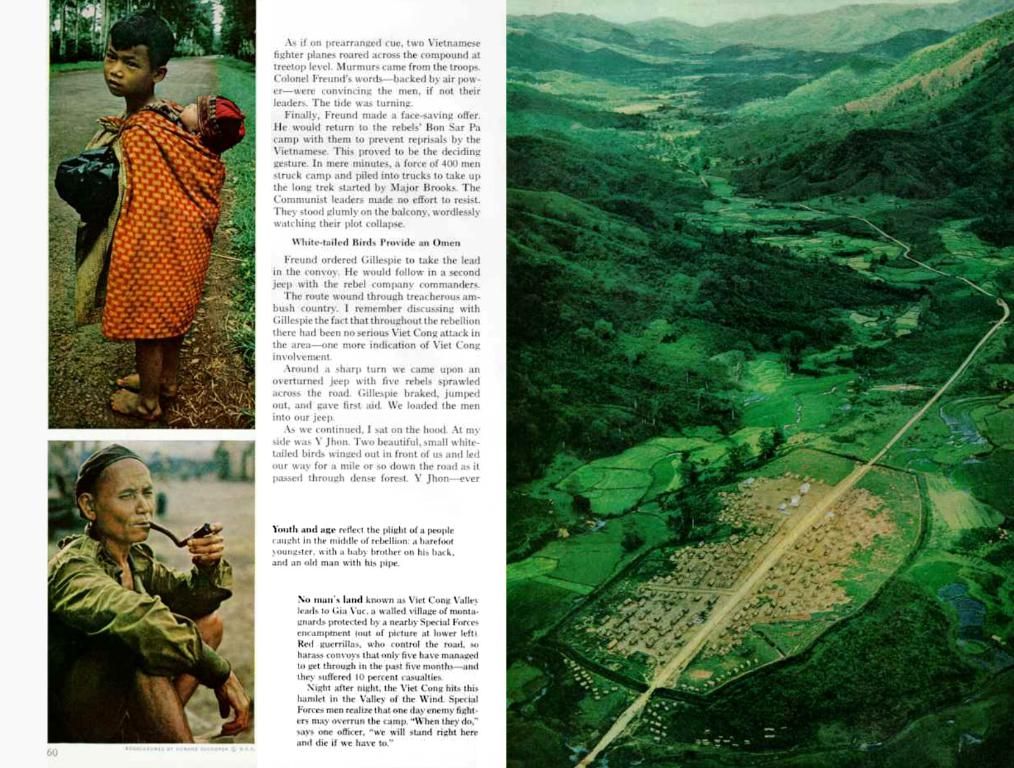Strengthening eco-friendly supply chains in India's textile sector
Expressing the Future of Textiles: Waterless, Waste-Free, and Profitable
India, July 2017 - Transforming India's textile industry into a greener, more profitable sector is achievable through the implementation of resource efficient and cleaner production (RECP) practices; a message voiced by UNIDO and the Gujarat Cleaner Production Centre (GCPC) at the Textiles India 2017 industrial fair in Gandhinagar. Hosted by the Government of India from June 30 to July 2, this event aimed to revamp the entire textile chain in India. With employment second only to agriculture, the textile sector is vital to the country's economy.
In his opening address, Prime Minister Narendra Modi unveiled his Government's '5F' vision for sustainable textile value chains: Farm to Fiber, Fiber to Fabric, Fabric to Fashion, and Fashion to Foreign. UNIDO's Representative for India, Rene Van Berkel, underscored the importance of this vision, stating, "To realize the '5F' vision, the sector needs to adopt the best environmental practices and align with evolving consumer demands, key elements of UNIDO's mandate for inclusive and sustainable industrial development."
Van Berkel emphasized the significance of initiating a waterless textile industry through the prioritization of resource-efficient and cleaner production practices. "This involves reducing water use today, minimizing chemical consumption, and lowering emissions and effluents," he said. He also highlighted promising technologies such as super-critical carbon dioxide in dyeing, and 3D printing in garmenting, both of which could revolutionize the textile sector.
At the event, UNIDO showcased waste management technologies designed for the textile industry, such as concentrated solar thermal technology, which can convert liquid effluents into powder, ultimately aiding in achieving the goal of zero liquid effluents from textile processing.
India's Minister for Textiles, Smriti Zubin Irani, and Van Berkel jointly released the report "Textile parks in India: creating sustainable value chains," detailing the 66 textile parks established across 15 states with support from the Ministry. Upon completion, these parks are expected to generate USD 4.2 billion in investment and create 400,000 jobs.
An agreement to promote RECP measures in the Surat textile cluster was signed between the Gujarat Cleaner Production Centre (GCPC) and Gujarat Eco-Textile Park Limited. This collaboration will build upon UNIDO's waste minimization project from 1993-1995, employing RECP assessments to reduce waste and improve cleaner production in textile processing houses utilizing UNIDO-developed methods and tools.
Under the UNIDO-sponsored RECP program,primarily funded by the Government of Switzerland, the organization aims to scale up RECP by establishing eco-industrial parks and introducing innovative methods and tools. Van Berkel explained, "Adopting RECP methods and tools can boost the competitiveness of textile and garment companies, helping them conform to international standards."
To learn more, contact:
Rene Van Berkel
UNIDO Representative
UNIDO Regional Office in India
In the quest for a sustainable and profitable textile industry, India's textile sector is actively pursuing water conservation technologies, waste reduction practices, and eco-friendly materials to lessen its environmental footprint. RECP is a key strategy for improving the industry's competitiveness and compliances with international standards. Although specific details from Textiles India 2017 remain scarce, these trends provide a glimpse into sustainability's future role in the textile industry.
In light of the pursuit for a sustainable and profitable textile industry, India is adopting water conservation technologies and waste reduction practices, while aligning with eco-friendly materials. Moreover, the implementation of resource-efficient and cleaner production (RECP) practices, such as those demonstrated by UNIDO, is set to boost the competitiveness of textile and garment companies, ensuring compliance with international standards.







